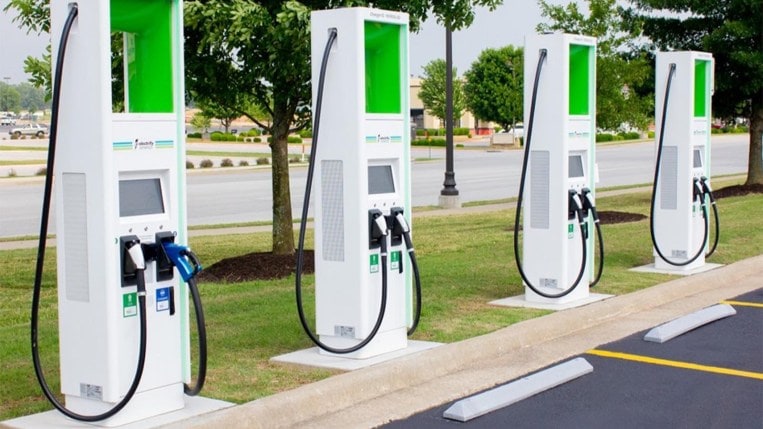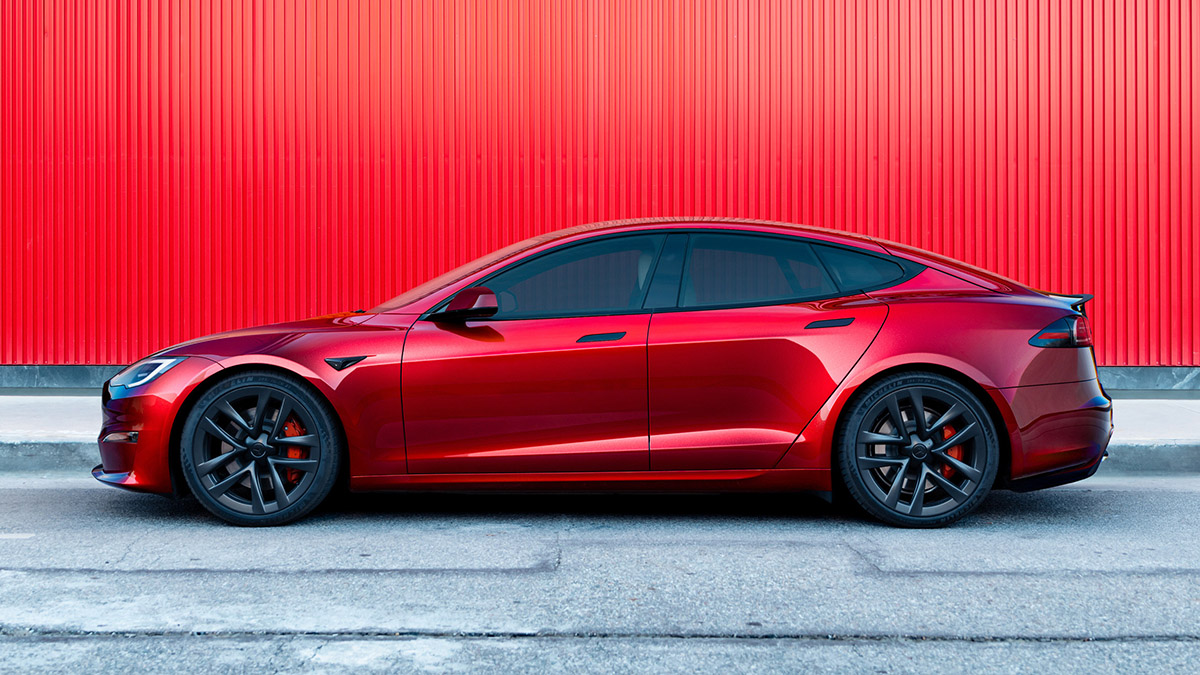Phillips 66, operator of more than 7,000 retail gas stations in the United States, will not be adding more EV chargers to its locations anytime soon.
“There’s not a fleet out there today to keep the chargers running at a rate that would support economically putting it in more of the facilities,” Phillips Chief Economist Horace Hobbs told attendees at a virtual conference on energy issues this week.
For its existing EV chargers to make economic sense for the service stations, Hobbs says, Phillips already asks drivers to pay a higher rate than they tend to pay for electricity at home. So, it simply makes more sense for customers to charge at home whenever possible. “We think that’s the optimal solution — the least expensive electricity and get the most satisfied customer out of it,” Hobbs says.
The situation is different in Europe, Hobbs says. European customers are accustomed to paying to park their cars, and customers use charging stations as a form of parking.
The American automotive industry has begun a large-scale switch to electric vehicles. More than 100 models of EV will be on the market by the end of 2021. But who will build, and profit from, the massive network of chargers needed to make them a practical replacement for gasoline-powered charge remains an evolving issue. Last week, a consortium of electric companies announced plans to build a network of chargers stretching across at least 17 states.








